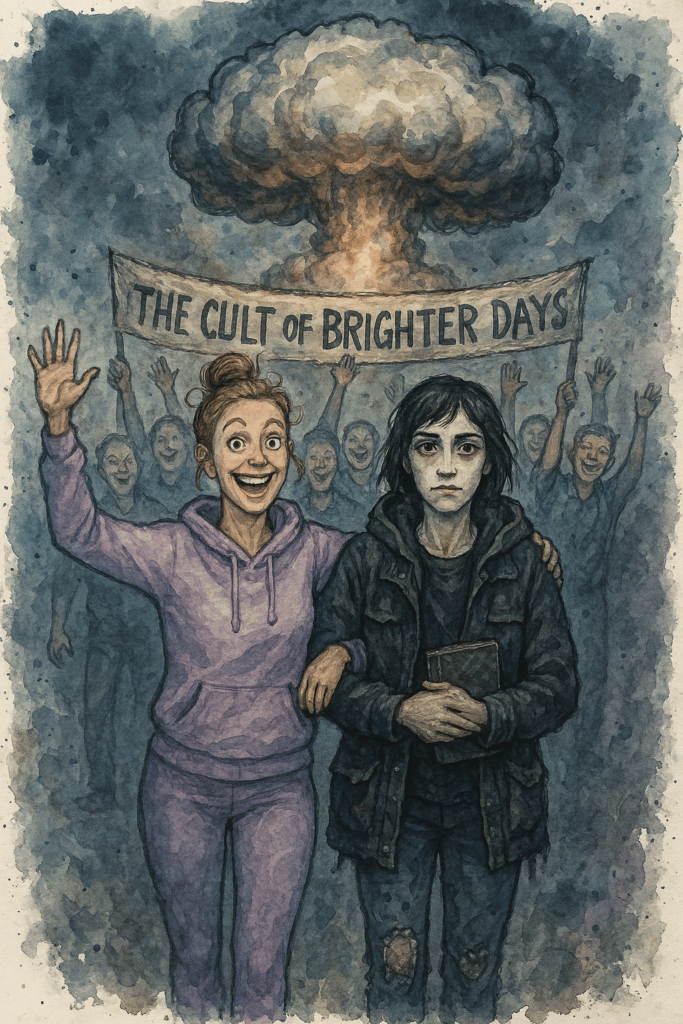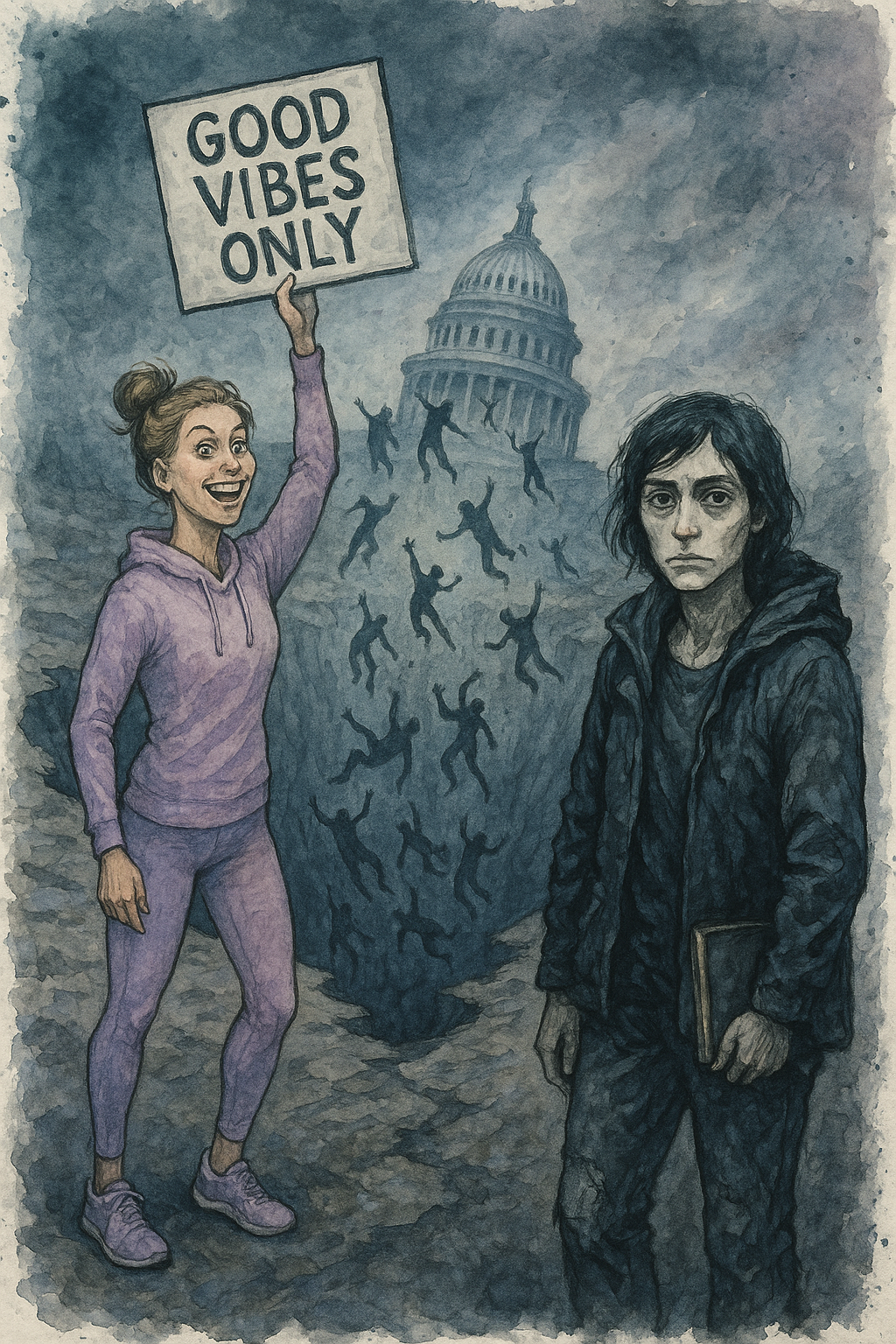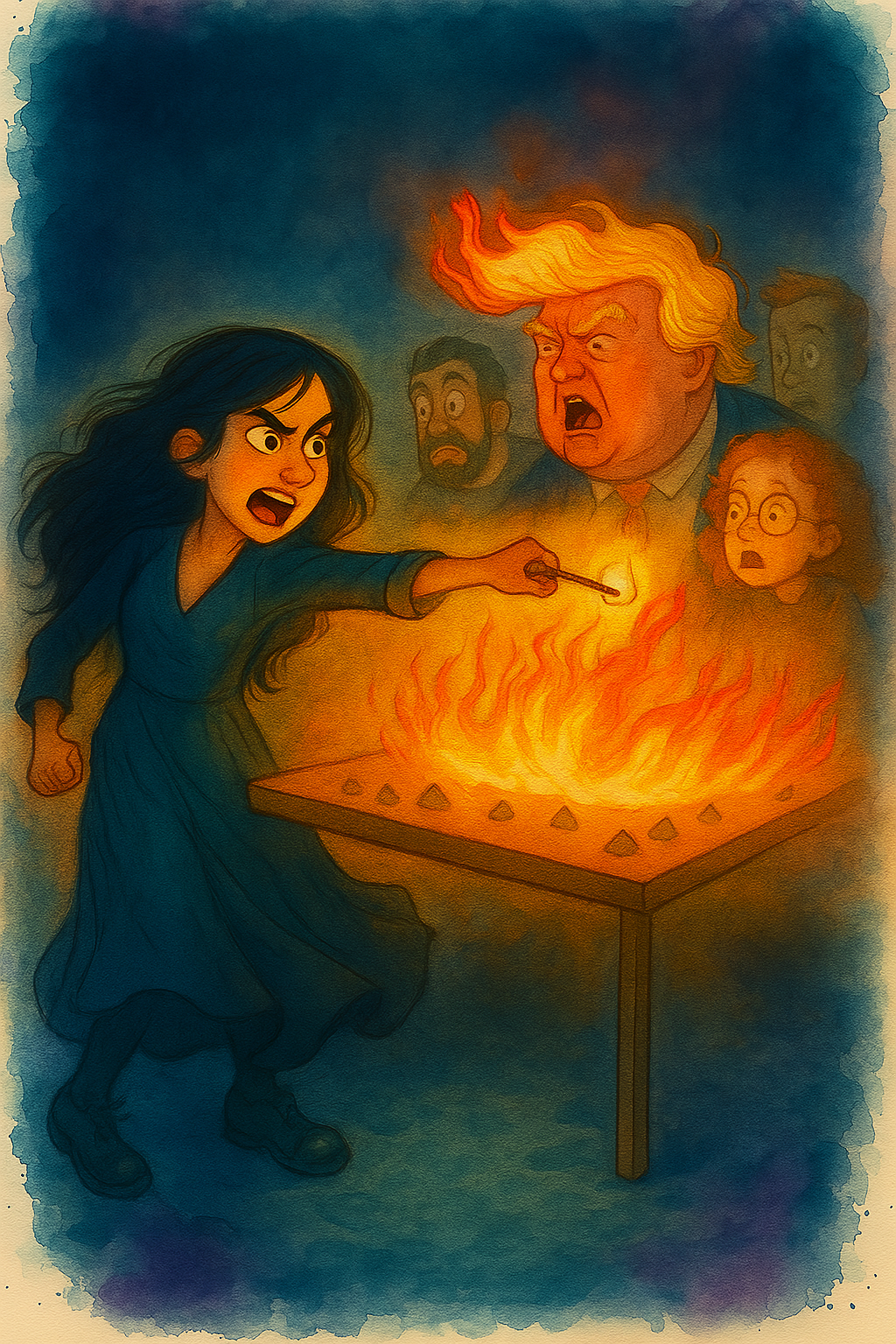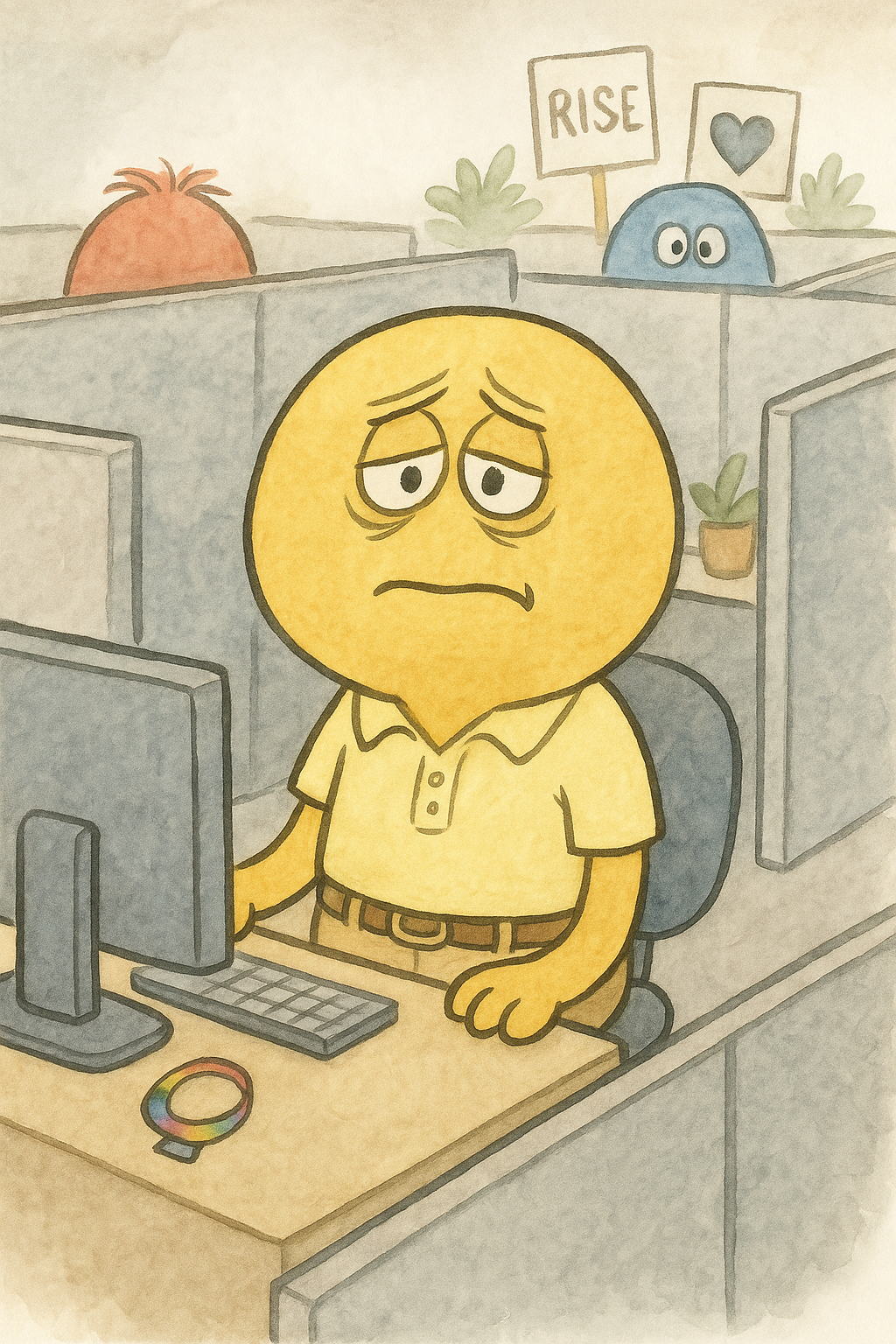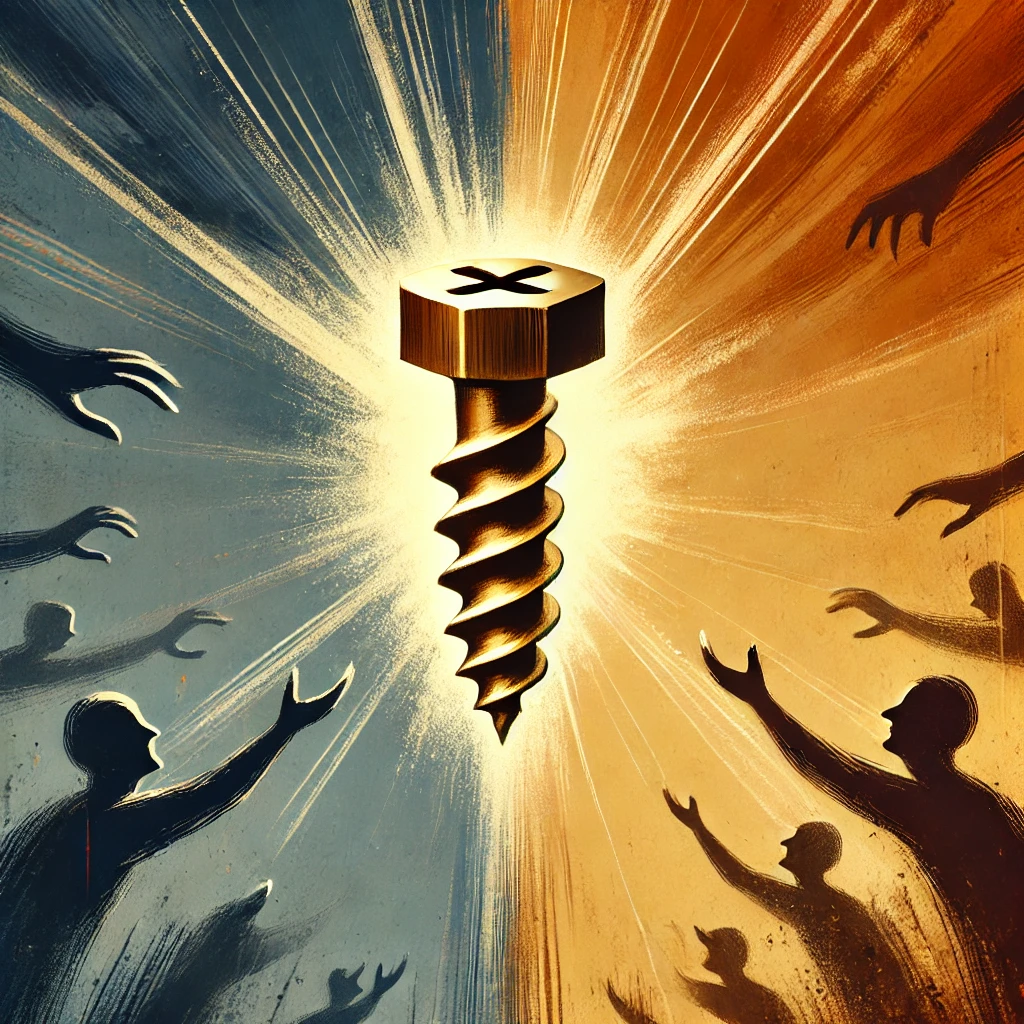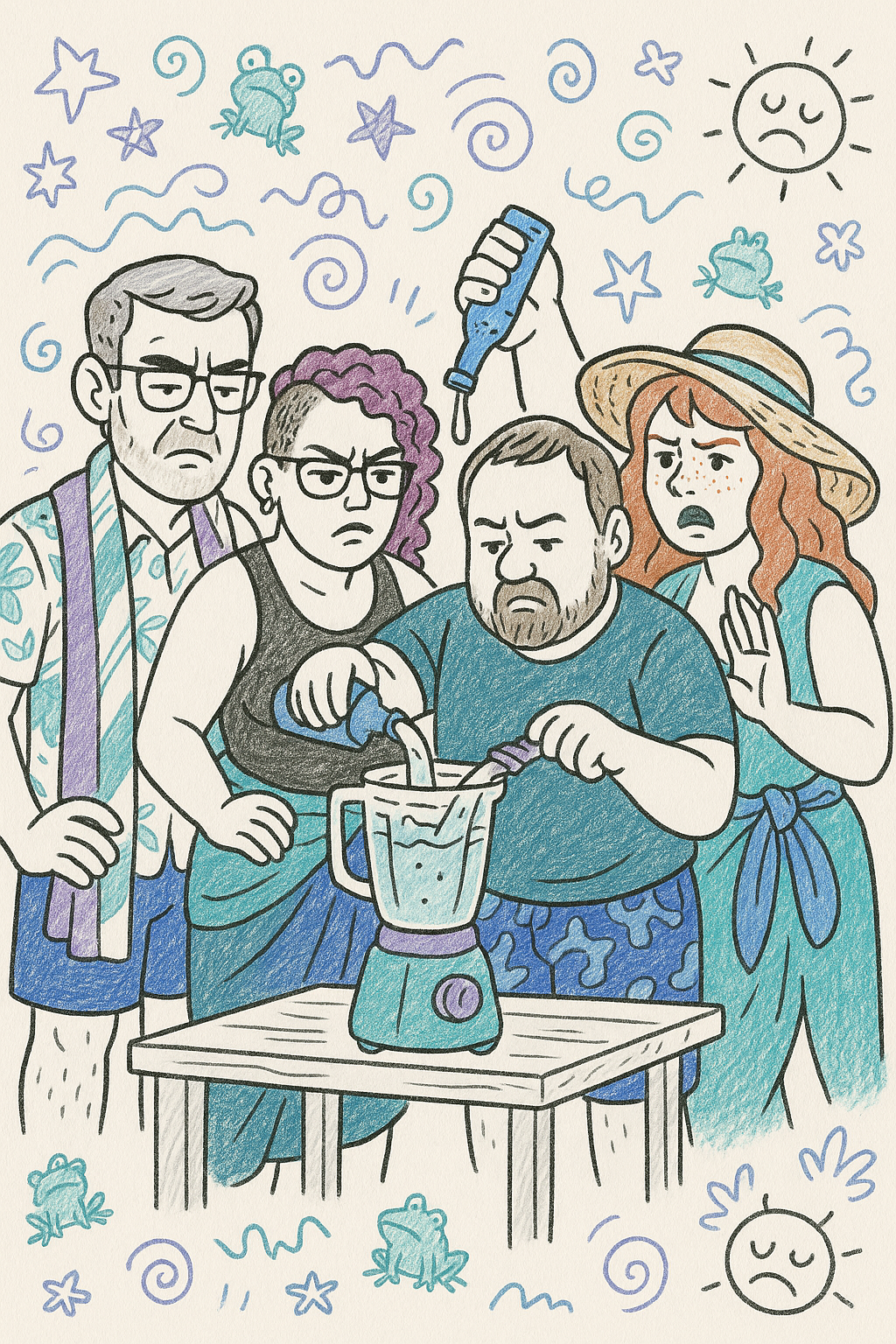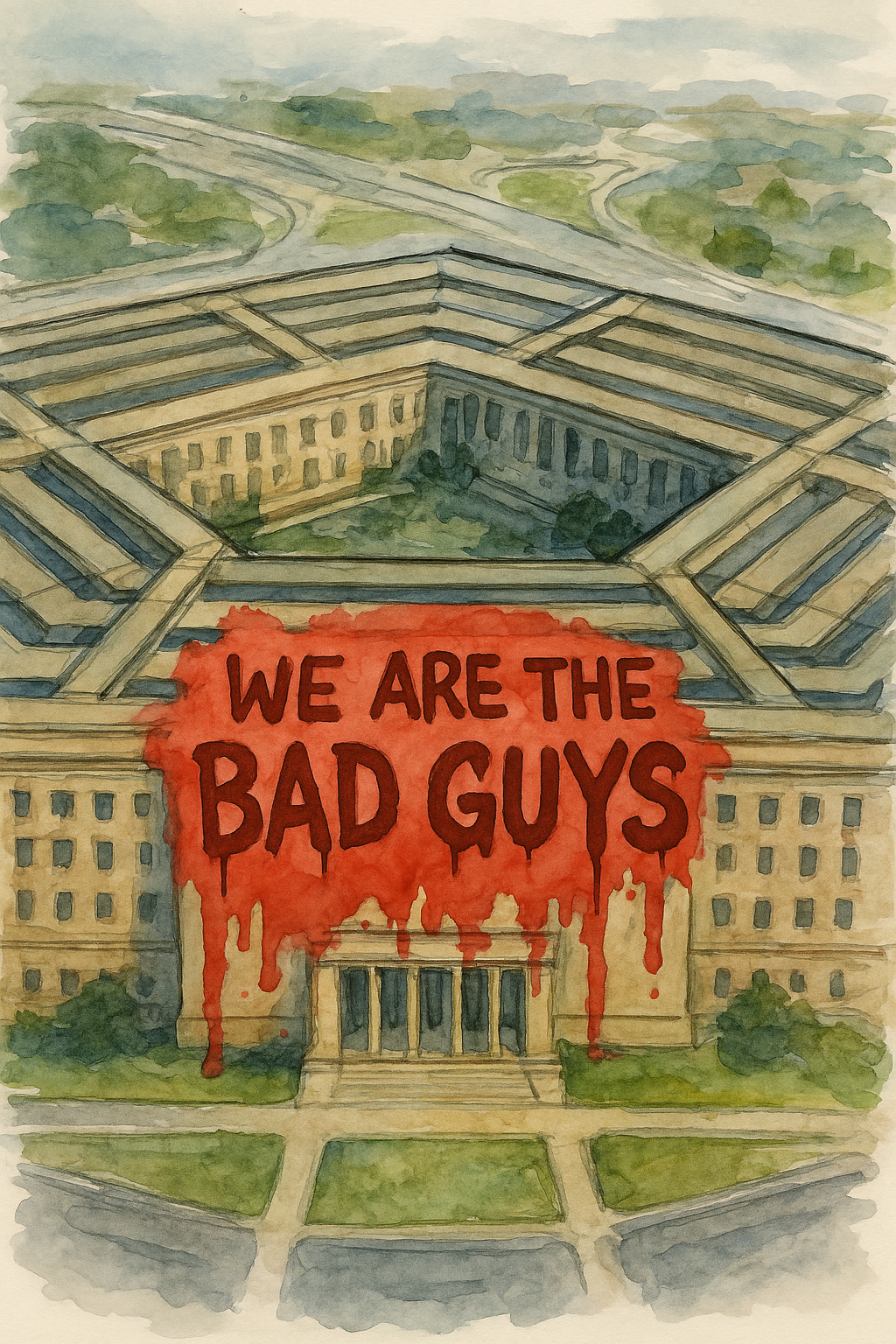How the One Big Beautiful Bill Clarified the Collapse That Was Always Coming
This isn’t a wake-up call. We’re long past that. This is the 4:30 a.m. existential alarm that keeps ringing even after you’ve left the house, changed your name, and moved to a different state. The One Big Beautiful Bill didn’t break America. It clarified it—like butter, or plutonium.
This bill isn’t surprising. It’s consistent—with the past, with the rot beneath the surface, with every warning we ignored because the furniture looked nice. It’s the legislative equivalent of a Florida sinkhole: terrifying, inevitable, and built on ground we were assured was safe.
Signed on July 4th (because irony is the last sacred thing in America), OBBB permanently extends Trump-era tax cuts, slashes Medicaid and food stamps by nearly a trillion dollars, balloons the deficit by $2.8 trillion, and gives ICE a wartime budget—as if hunting toddlers with drones were a line item in national defense. It is not elegant. It is not subtle. It is a weaponized budget aimed at the sick, the poor, and the truth.
And here’s the twist: we’re not here to say “maybe there’s good in this.” That would be a lie. This is not good. It’s morally grotesque. But it is, paradoxically, a gift of clarity. A moment of mandatory failure.
No illusions now. No bipartisan bedtime stories. No cloak of fiscal responsibility. Just brutal, burning truth. For those who’ve built identities on the fantasy of gradual reform—this is the rupture. The lie is dead. The scaffolding has collapsed. Now we see what was always underneath.
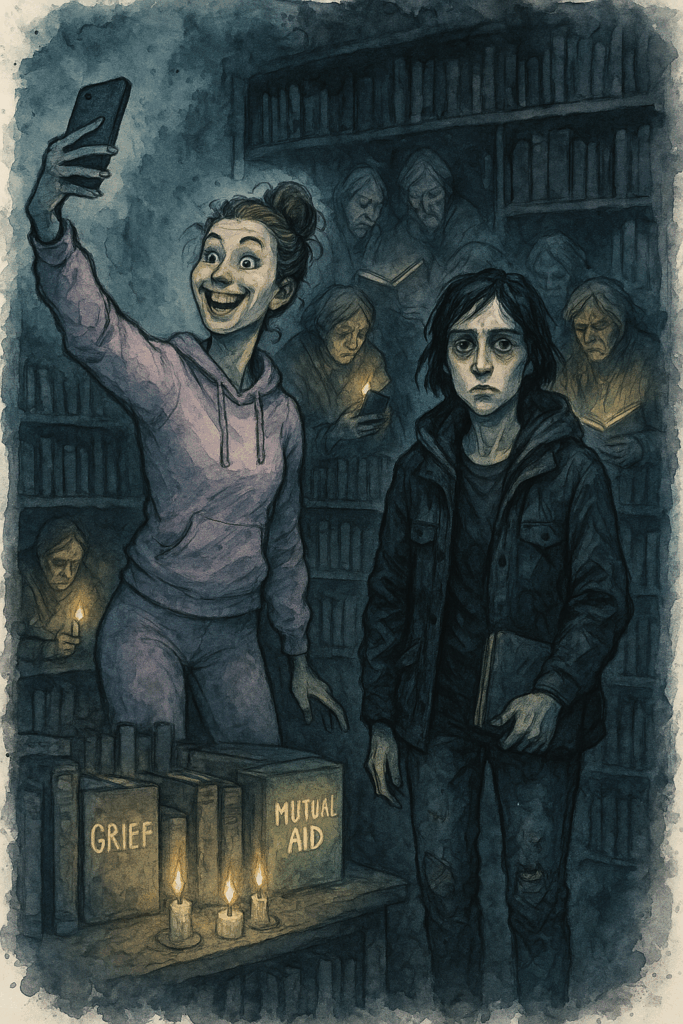
So What Comes After?
If this bill is the monster under the bed finally dragging the mattress into the void, then what grows next won’t be hope—it’ll be adaptation. Not the better world we were promised, but the one we’re going to have to drag out of the wreckage.
- Localism with Teeth: As federal systems decay into farce, decentralized survival becomes necessary. Not just charity—clinics, food networks, energy co-ops, radical libraries. Infrastructure built by the people it’s meant to serve.
- Mutual Aid as Normal: Not activism. Not resistance. Just how people survive now. A shift from moralizing aid to operationalizing it. The end of bootstrap mythology.
- New Coalitions: Not left or right, but bottom-up. The uninsured and overworked. The underpaid and overpoliced. Rural despair and urban collapse shaking hands across the fault line.
- Grief-Literate Politics: Movements will fail. Leaders will burn out. The next wave must metabolize grief without mistaking it for defeat. Mourning will be as strategic as organizing.
- Aesthetic Revolt: There will be music. Art. Laughter in dark places. Not because of optimism, but because joy in the face of absurdity is its own rebellion.
Final Thought
This bill isn’t the end. It’s a door. Not to utopia, but to a hallway of broken light fixtures and hard choices. The old ways are collapsing—some through violence, some through neglect. What we do next isn’t about hope. It’s about participation. It’s about building scaffolding while the house burns and refusing to ask permission to survive.
The fairy tale is over. Now it’s time for myth, for mourning, for making something no empire could imagine.
